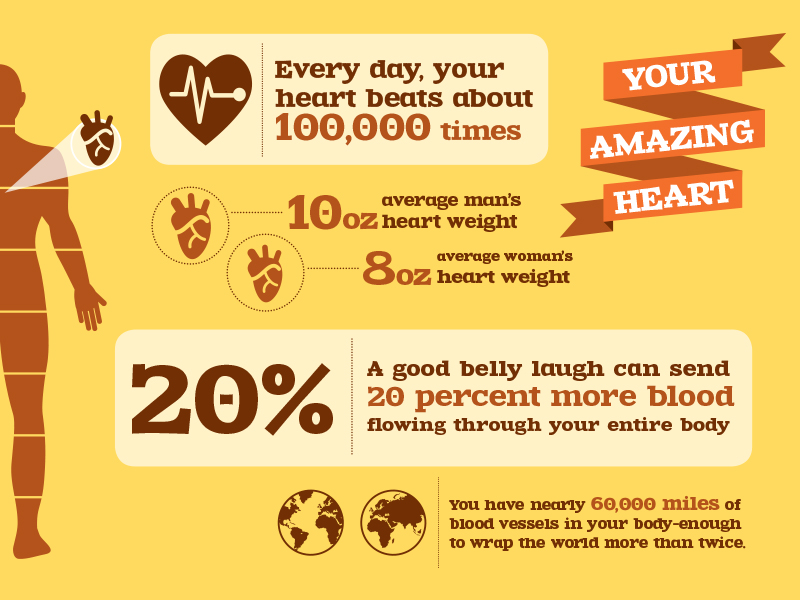Tens of millions of Americans take beta-blocking drugs for many conditions such as high blood pressure and other heart-related troubles. But beta blockers can change your body’s response to exercise. “A good exercise program is tailored to the individual patient,” says Amy Doneen, nurse practitioner and co-founder of the Heart Attack and Stroke Prevention Center in Spokane, Wash. Those on beta blockers should adapt their exercise routines to work around the effects of their medication.
What Beta Blockers Do
These medications block the hormone epinephrine, also known as adrenaline, from your beta receptors. Since beta receptors control heart rate and the strength of its contractions, your blood pressure decreases. This helps prevent heart failure or future heart attacks and regulates your heartbeat. Common side effects of beta blockers include fatigue, cold extremities, dizziness or weakness.
How Beta Blockers Affect Your Body
Beta blockers affect your workouts in several ways. Go too hard, too fast, and you’ll get winded. You might also experience orthostatic hypotension, which means when you stand up, your blood pressure suddenly drops leading to dizziness and faintness. Minimize possible side effects with a longer, more gradual warm-up and cool-down.
Remember that beta blockers fight hypertension by slowing your heart rate. This means your maximum heart rate will be lower than it was before you started your medication, or for a healthy person of comparable age.
Many people place value on heart rate when determining the effectiveness of an exercise program,” says Doneen.
“If you’re on a beta blocker, heart rate should not be your goal point.”
What are the Risks?
People taking beta blockers are at higher risk for dehydration. Watch for symptoms such as thirst, fatigue, increased heart rate and body temperature and decreased sweating, reminds Doneen. Keep refilling that water bottle, especially if you’re also taking diuretics.
Doneen suggests that cardiac patients get a baseline stress test to determine their new target heart rates. But many on beta blockers will do fine using their bodies as their guides. She says, “You should be able to exercise to the point where you’re tired and slightly winded, but still able to carry on a conversation.”
Instead of using a heart rate monitor, try a simple rating of perceived exertion. On a scale of 1 to 10, aim to exercise at 3 to 5.
Since exercise lowers blood pressure. Try to be active at least four days per week. Walk, cycle, swim and do low-impact aerobics. Other modalities, such as yoga and tai chi, might also be beneficial.
Exercise is for everybody, says Doneen, whether you’re on beta blocker or not. But make sure your workout complements your health status and medications.







